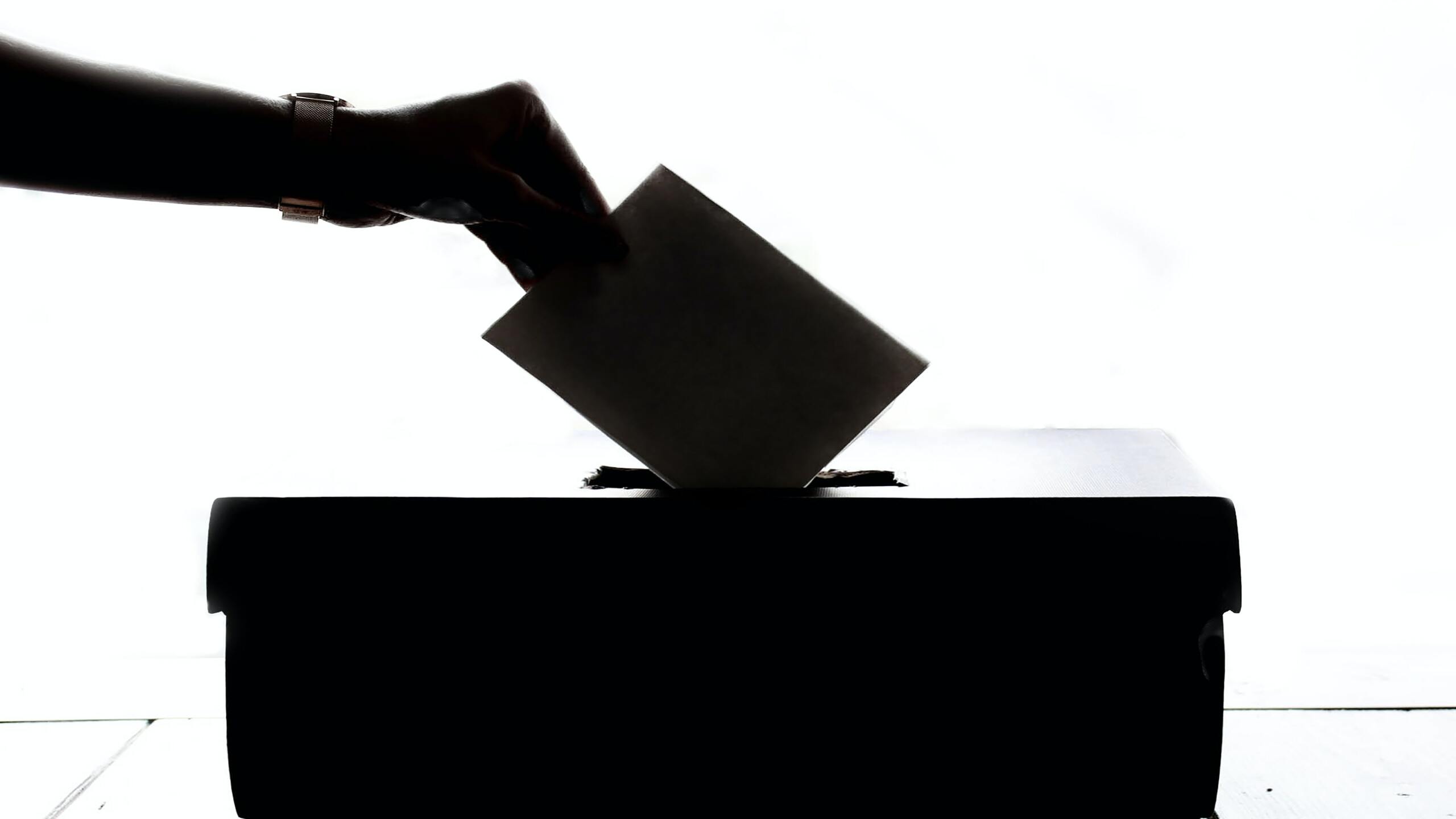By Gabriela Silva Ponte
Many Toronto Metropolitan University (TMU) students eligible to vote say they don’t feel inclined to participate in the upcoming municipal elections.
Despite election day fast approaching on Oct. 24, many students are still unaware of the candidates in their ridings and unsure who to vote for.
While second-year computer engineering student Audrey Chen said she plans on voting, she found it difficult to find many of the candidates’ platforms in her research.
“I tried to find what a lot of the candidates are running for and I couldn’t even find a lot of their platforms. It was really disappointing,” said Chen.
Other students said they don’t relate to the candidates.
“No one is really going to get the job done. Everyone has a good and bad, but the bad outweighs the good,” said third-year sociology student Ozzy Ibhawoh.
Several students also said they think the university or students’ union should have done more to advertise the election.
“I feel like the students’ union should at least try to condense [election information] or make it easier for us to understand who we’re voting for,” said Chen.
Psychology student Sarine Nelson said she was blindsided by the news of upcoming elections, which she found out about through her family.
“I didn’t even know the elections were coming up until my sister told me,” said Nelson.
“I tried to find what a lot of the candidates are running for and I couldn’t even find a lot of their platforms. It was really disappointing”
John Beebe, founder of the Democratic Engagement Exchange, an initiative under TMU’s Faculty of Arts aimed at improving participation in democracy, agrees that TMU could be doing more.
“There are easy things we can be doing. We can be just putting up signage around campus. The Student Learning Centre can become a hub for democratic engagement and electoral engagement around elections,” he said.
The Toronto Metropolitan Students’ Union (TMSU) said in a statement to The Eyeopener that they were unable to coordinate any outreach without a vice-president education. The position, which has been vacant since the summer, was recently filled at the October Board of Directors meeting.
The TMSU said in their statement that since the VP education position has been filled, they “will be doing outreach this week [and] Monday to encourage students to vote, let students know the importance of voting and what is at stake.”
Despite the lack of awareness about the elections, many students have problems with Toronto they wish to see resolved.
Most students said faster, accessible and less crowded transit services are needed.
“I find myself waiting a lot for the bus even though I live in a pretty populated area,” said second-year accounting and finance student Justin Murcado.
First-year professional communications student Emmanuel Orim had a different view on what the main problem in the city is.
“The streets are pretty dirty, especially in this [campus] area. There’s a lot of trash,” Orim said. “Just in general it has a distinct smell which isn’t the best smell.”
“Politicians and the political system in many ways are failing citizens and I think there’s a certain cynicism and lack of trust”
Politics professor Ronald Vogel said many people don’t know certain issues fall under the municipal government’s responsibility, such as transit, public housing and infrastructure, hence the lack of voter turnout.
“In general, I would say that a lot of citizens don’t view municipal governance policy issues as that important,” he said.
Books, Art, Music Collective (BAM) is a youth-led group that works to improve community engagement.
They recently launched a campaign called “Your Vote is Your Voice.”
Jenna Robar, BAM’s Indigenous programs coordinator, said more people are affected by politics than they actually are aware of.
“Every part of your daily life, from healthcare, to safety, to housing, to education, to the cost of textbooks, is political,” said Robar.
BAM’s programs management and operations advisor, Kataryna Patsak said the reason many students don’t vote is that they feel the system is the problem.
“Youth may feel that the [political] system is too hard to fix, too hard to change, that there might not be a point in it,” Patsak said.
But Vogel points to unfulfilled ambitious agendas, a lack of trust in politicians, media coverage, large ridings and more as culprits for the potentially low voter turnout.
“Politicians and the political system in many ways are failing citizens and I think there’s a certain cynicism and lack of trust,” he said. “I can’t say I think they’re necessarily wrong.”
Vogel is already expecting most voters to be apathetic during this municipal elections.
“I would be surprised if we even reach the 40 per cent turnout,” he said. Vogel added those that do vote are more likely to be “affluent.”
Data about advance voting in Toronto is backing up Vogel’s anticipation of low voter turnout. According to the City of Toronto, there was a 6.75 per cent decrease in the number of people that participated in the advance voting period this election compared to the last one in 2018, despite this year having three more extra days to vote early.
Beebe believes voting affords anyone eligible to participate and have their voice heard.
“If we’re not using that power, especially when we may not have affluence or privileges in other ways or have other sources of power, we’re giving up this source of power that our democracy gives us,” said Beebe.
Robar suggests going to vote with friends and making plans afterwards, so that students can make it a fun event.
“There’s this tendency of habit formation and if they’ve never done it before, it does look intimidating. And it does take time to reinforce.”
The TMU Student Centre will have a polling station on election day. For more information about the voting process, including requirements prior to casting a ballot, visit the City of Toronto’s website.












Leave a Reply